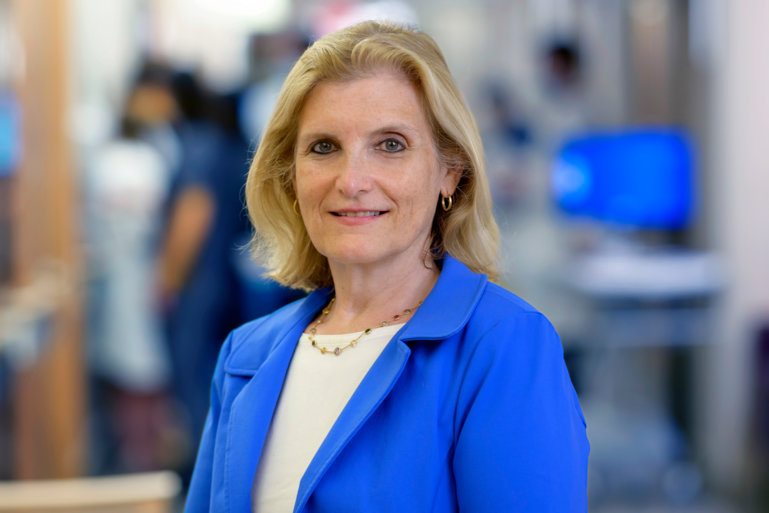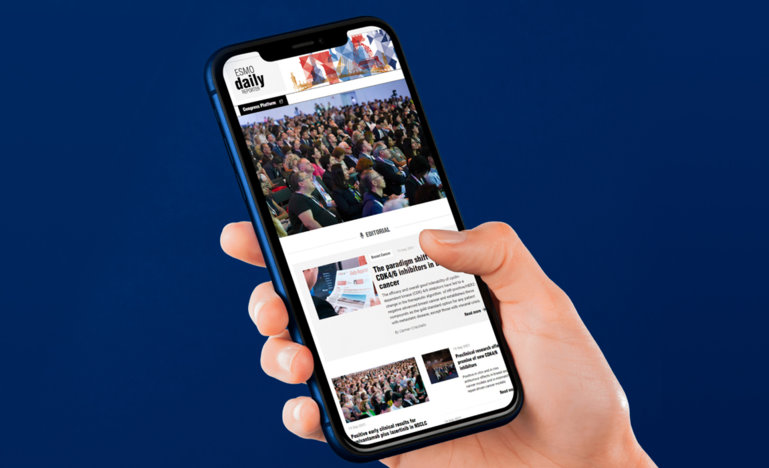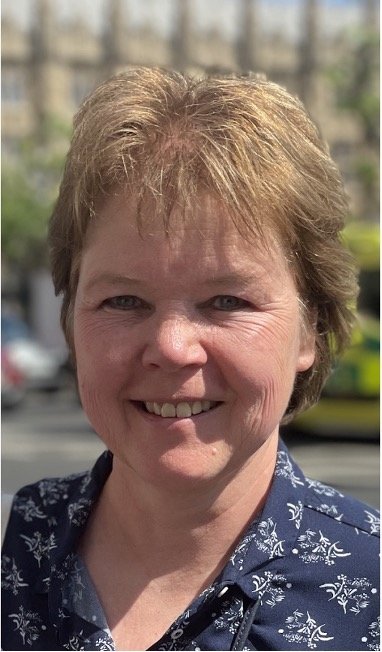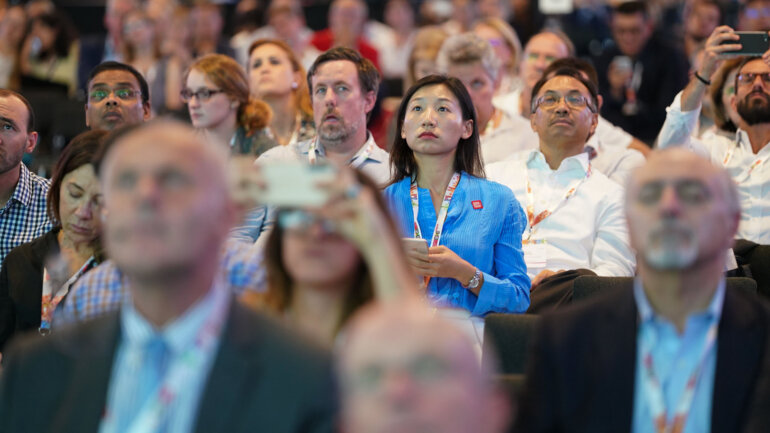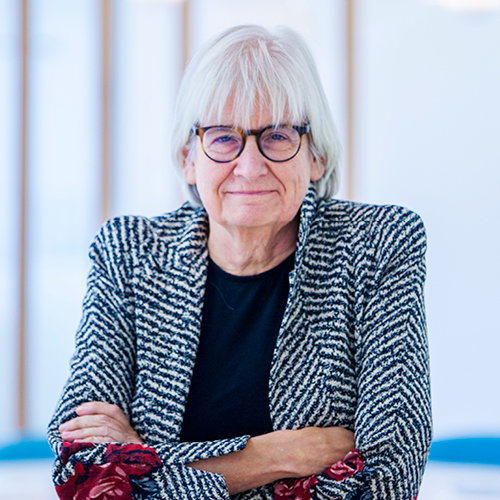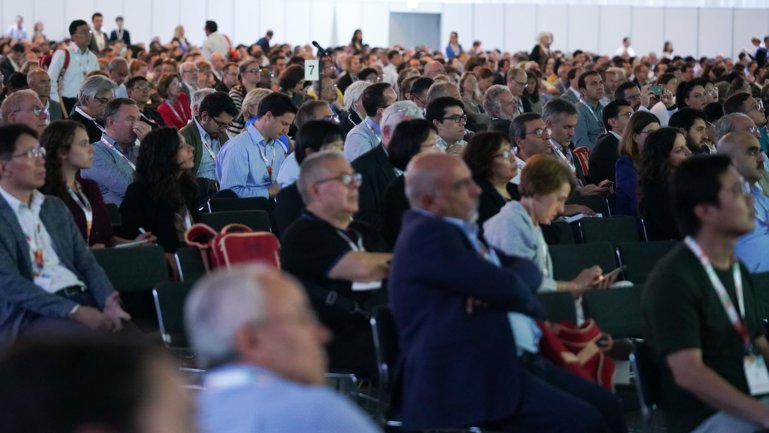In the post-COVID-19 era, there is a need to evaluate the quality, safety and effectiveness of telehealth to deliver cancer care says ESMO Keynote Lecturer Dr Deborah Schrag
Prior to the COVID-19 pandemic, telehealth was a small component of care that was largely reserved for patients living in remote areas. With the onset of the pandemic, this was transformed overnight, with many cancer patients immediately transitioning to a hybrid model of care in order to reduce their risk of infection. A huge amount of data on the benefits and challenges of telehealth was generated during the pandemic and we now have an excellent opportunity to evaluate when, whether and how telehealth and digital medicine can provide a genuinely safe and effective alternative to face-to-face healthcare.
Telehealth consultations and digital healthcare technologies offer tremendous advantages to patients and their families. For example, geographically dispersed relatives can now join consultations that are held virtually, enabling them to provide support and help with the processing of information. The transition to digital medicine has also empowered patients by providing them with easy access to their electronic health records. While patient portals have been in place for some time, their use has increased substantially in recent years. Moreover, the functionality of these portals has expanded enormously, with patients now able to access a wide range of clinical information, including physician notes, imaging results and pathology findings.
Giving a patient immediate access to reassuring results is clearly of the utmost importance. However, it does raise the question of how best to deliver potentially upsetting news. Many patients would prefer to wait to receive this information face-to-face from their physician. In this situation, the physician can properly explain the results and next steps and provide support to the patient. Alternatively, the patient may wish to review the results independently before meeting with their physician. However, many oncologists are concerned that patients who receive bad news through a patient portal may feel anxious or unsupported while waiting to speak to their physician. There is also a concern that patients may turn to the internet and obtain inaccurate information leading to further distress.
Another advantage of digital medicine is that it enables symptoms to be monitored remotely and in real-time rather than waiting for weeks between consultations. Patients with cancer have a high symptom burden and are often affected by chronic symptoms. The use of digital symptom monitoring tools can improve communication between patients and their physicians and can also ensure that physicians have a better understanding of how their patients are feeling and functioning on a day-to-day basis. Digital monitoring can also allow physicians to proactively respond to a patient’s changing needs, for example by stopping or adjusting medications. Studies are ongoing to evaluate the benefits of remote patient monitoring and I am currently involved in a large multicentre study in the USA that aims to evaluate the impact of symptom collection via an electronic symptom management programme on outcomes for patients with cancer (Trials. 2022;23(1):506).
In the past two decades, digital technologies have changed our everyday lives beyond all recognition, and healthcare is no exception. In my experience, most patients have readily adapted to using electronic healthcare technologies, but the challenge facing us today is how we integrate telehealth into our current healthcare systems. We have developed excellent digital tools, but we are still struggling to adapt the clinical workforce so that they can respond to the real-time data generated by these technologies. Healthcare professionals will also need to learn how to improve their telehealth consultations. Body language can be vital to a successful consultation and this can be difficult to replicate virtually. Teaching telehealth consultation skills will be crucial for both the existing and next generation of healthcare professionals.
Don’t miss:
Schrag D. What is the future of digital medicine for cancer patients? ESMO Congress 2022
Keynote Lecture, 10.09.2022, h. 12:00 – 12:30, 4.B – Brest Auditorium


